Now in
its nineteenth year the Caine Prize for African Writing is Africa’s leading
literary prize, and is awarded to a short story by an African writer published
in English, whether in Africa or elsewhere.
Redemption
Song brings together the five 2018 shortlisted stories, along
with stories written at the Caine Prize Writers’ Workshop, which took place in
Rwanda in April 2018. The collection includes two Zimbabwean writers Bongani Kona and Bongani Sibanda. Bongani Kona is also featured in the 2017 amaBooks short story collection Moving On and Other Zimbabwean Stories and in the 2016 Caine Prize anthology The Daily Assortment of Astonishing Things.
The winner of the 2018 prize was Kenyan writer Makena
Onjerika for 'Fanta Blackcurrant', published in Wasafiri. The Chair of the
Caine Prize judging panel, award winning Ethiopian-American novelist and
writer, Dinaw Mengestu, announced Makena as the winner of the £10,000 prize at
an award dinner on Monday 2 July. The ceremony was held for the second time in
Senate House, in partnership with SOAS and the Centre for African Studies.
 Narrated in the first person plural, 'Fanta Blackcurrant' follows Meri, a street child of Nairobi, who makes a living using her natural
intelligence and charisma, but wants nothing more than ‘a big Fanta
Blackcurrant for her to drink every day and it never finish'. While it seems
Meri's natural wit may enable her to escape the streets, days follow days and
years follow years, and having turned to the sex trade, she finds herself
pregnant. Her success stealing from Nairobi’s business women attracts the attention
of local criminals, who beat her and leave her for dead. After a long recovery,
Meri ‘crossed the river and then we do not know where she went’.
Narrated in the first person plural, 'Fanta Blackcurrant' follows Meri, a street child of Nairobi, who makes a living using her natural
intelligence and charisma, but wants nothing more than ‘a big Fanta
Blackcurrant for her to drink every day and it never finish'. While it seems
Meri's natural wit may enable her to escape the streets, days follow days and
years follow years, and having turned to the sex trade, she finds herself
pregnant. Her success stealing from Nairobi’s business women attracts the attention
of local criminals, who beat her and leave her for dead. After a long recovery,
Meri ‘crossed the river and then we do not know where she went’.
Dinaw Mengestu praised the story in his remarks, saying, 'the winner of this year’s Caine Prize is as fierce as they come – a narrative
forged but not defined by the streets of Nairobi, a story that stands as more
than just witness. Makena Onjerika’s 'Fanta Blackcurrant 'presides over a grammar
and architecture of its own making, one that eschews any trace of
sentimentality in favour of a narrative that is haunting in its humour, sorrow
and intimacy'.
Makena is a graduate of the MFA Creative Writing programme
at New York University, and has been published in Urban Confustions and
Wasifiri. She lives in Nairobi, Kenya, and is currently working on a fantasy novel.
The other shortlisted stories comprised:
American Dream by Nonyelum Ekwempu (Nigeria)
The Armed Letter Writers by Olofunke Ogundimu (Nigeria)
Involution by Stacy Hardy (South Africa)
Wednesday’s Story by Wole Talabi (Nigeria)
The
workshop stories are:
No
Ordinary Soirée by Paula Akugizibwe
Tie Kidi
by Awuor Onyango
Calling
the Clouds Home by Heran T. Abate
America
by Caroline Numuhire
All
Things Bright and Beautiful by Troy Onyango
Departure
by Nsah Mala
Where
Rivers Go to Die by Dilman Dila
Ngozi by
Bongani Sibanda
The
Weaving of Death by Lucky Grace Isingizwe
Redemption
Song by Arinze Ifeakandu
Spaceman
by Bongani Kona
Grief is
the Gift that Breaks the Spirit Open by Eloghosa Osunde
The 2018
judging panel comprises: Dinaw Mengestu, journalist, author and graduate of
Georgetown University and of Columbia University’s M.F.A programme in fiction;
Alain Mabanckou, prolific Francophone Congolese poet and novelist and Man
Booker International Prize finalist (2015); reporter, columnist and poet Ahmed
Rajab; Henrietta Rose-Innes, a South African author who won the Caine Prize in
2008; Lola Shoneyin, a Nigerian writer who has won the Ken Saro-Wiwa Prose
Prize, among others.
The prize
was launched in 2000 to encourage and highlight the richness and diversity of
African writing by bringing it to a wider audience internationally. The focus
on the short story reflects the contemporary development of the African
story-telling tradition.




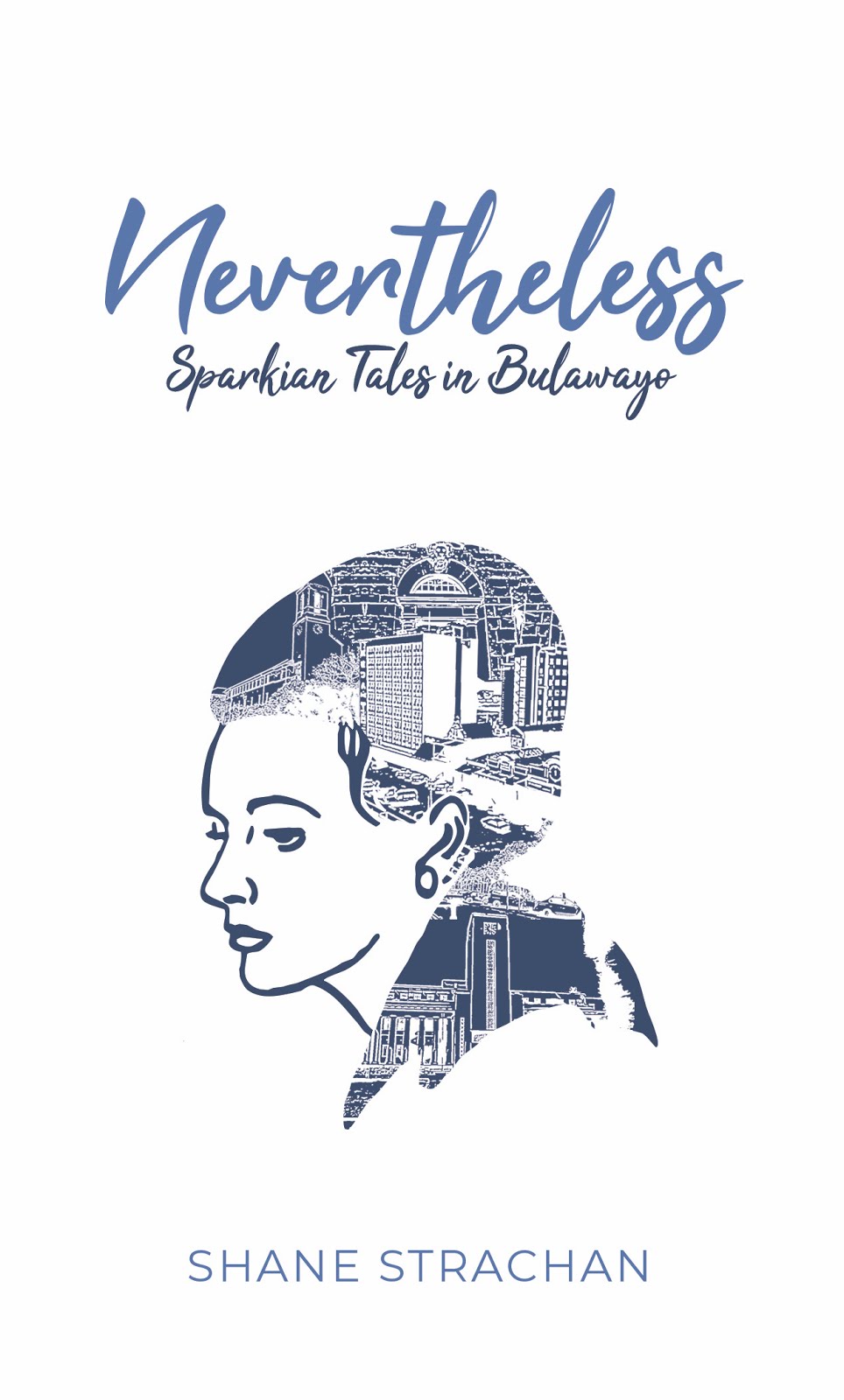





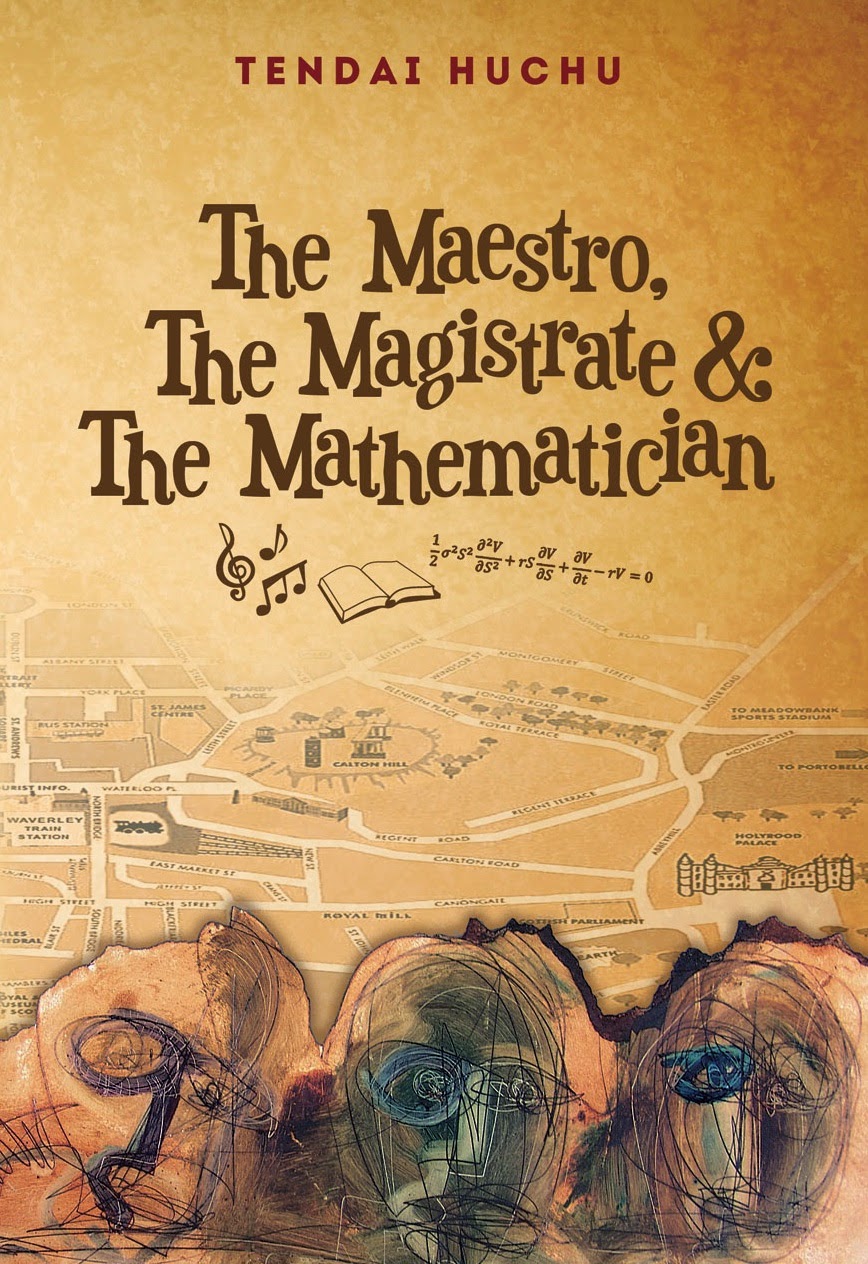
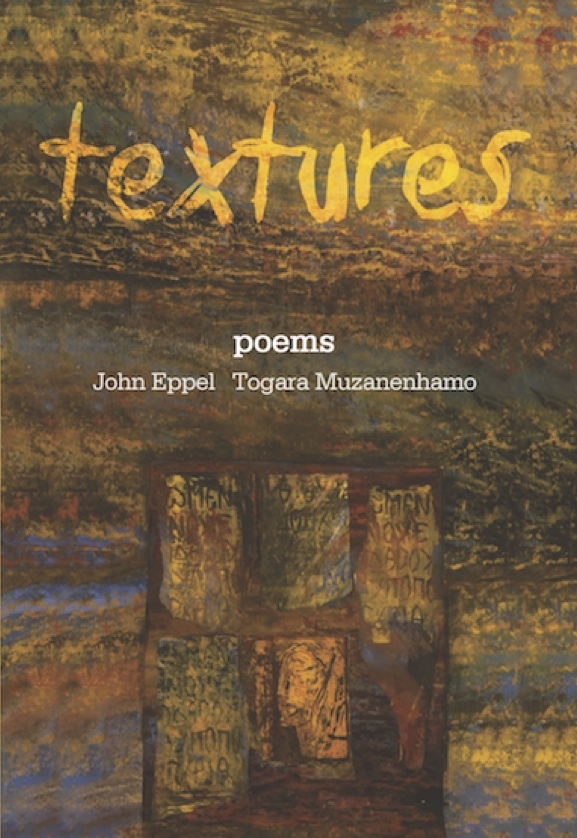
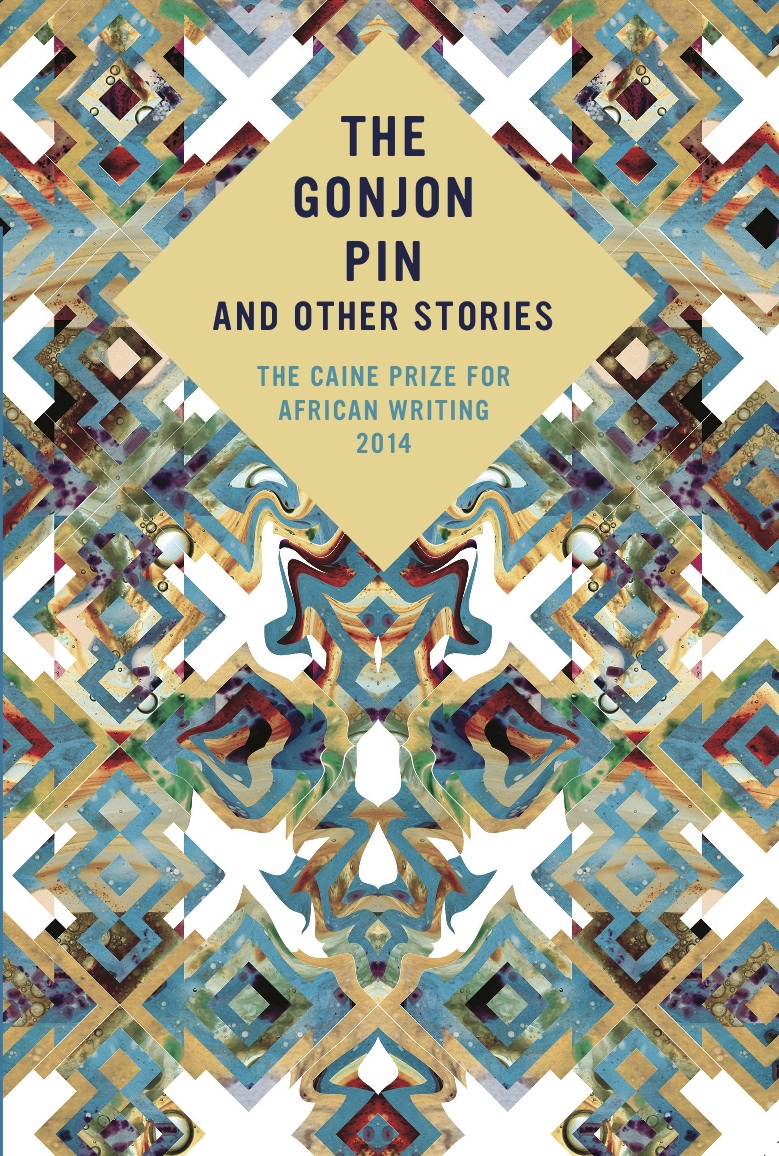
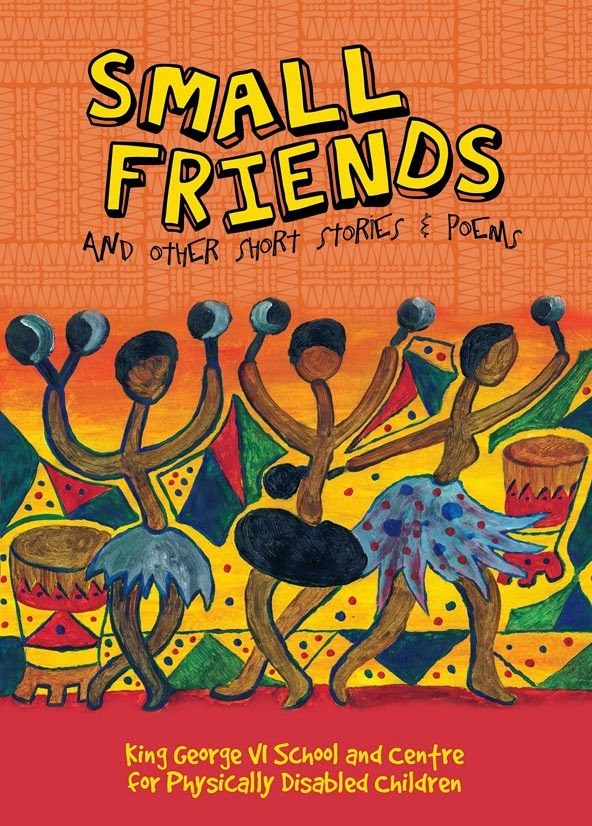
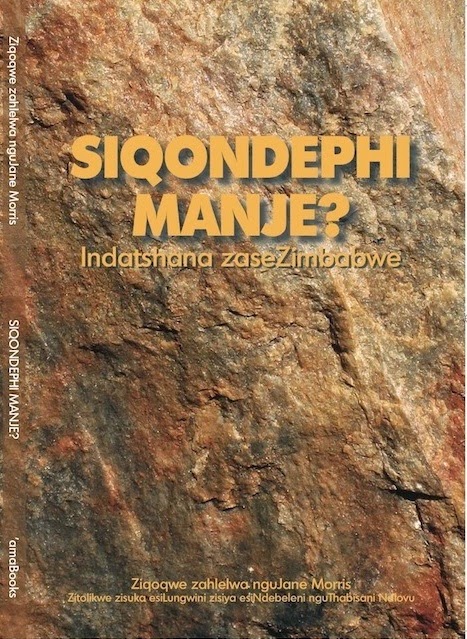
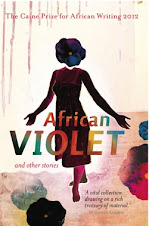

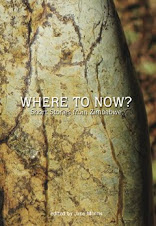
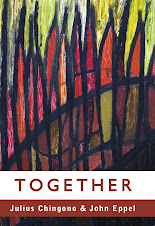
.jpg)

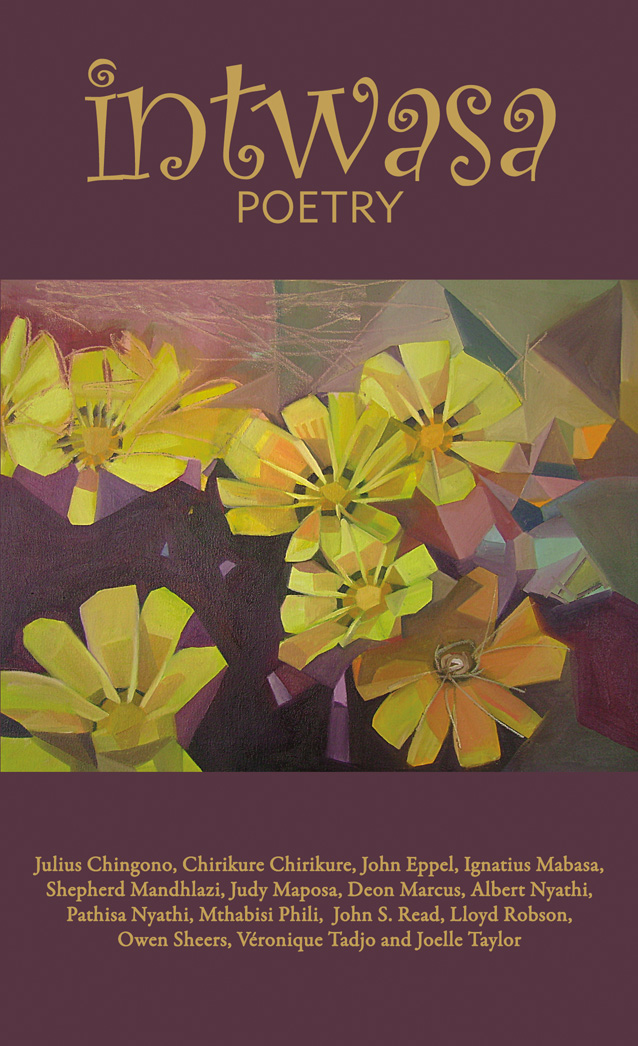


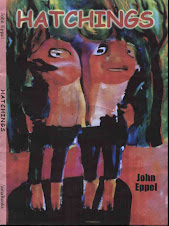













.jpg)











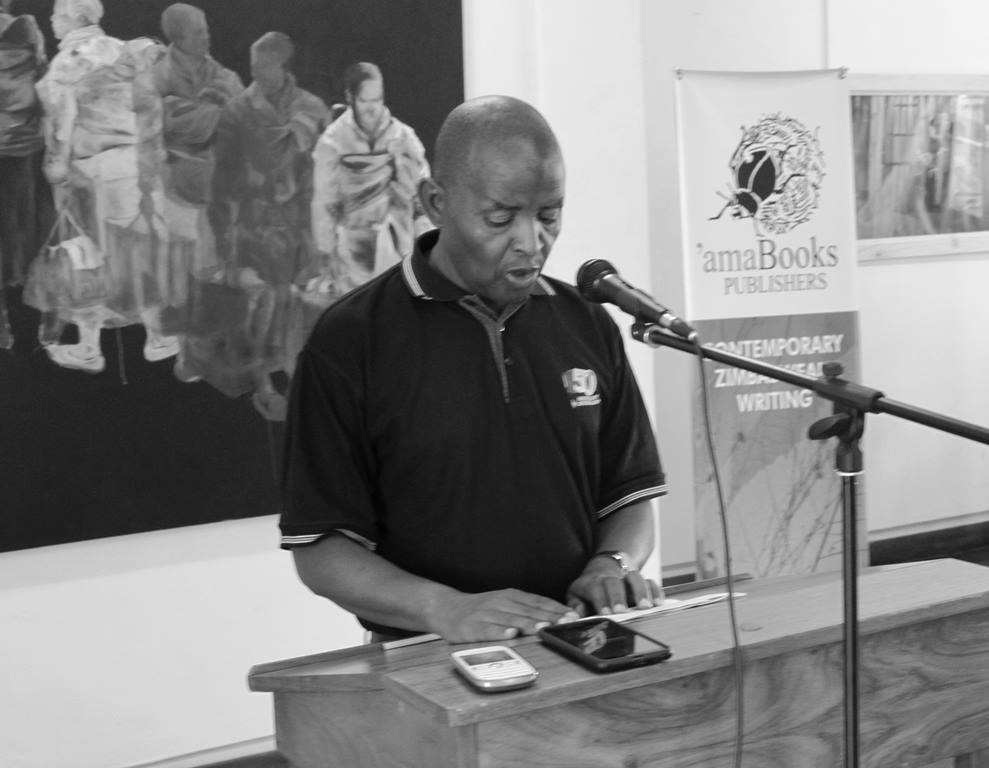






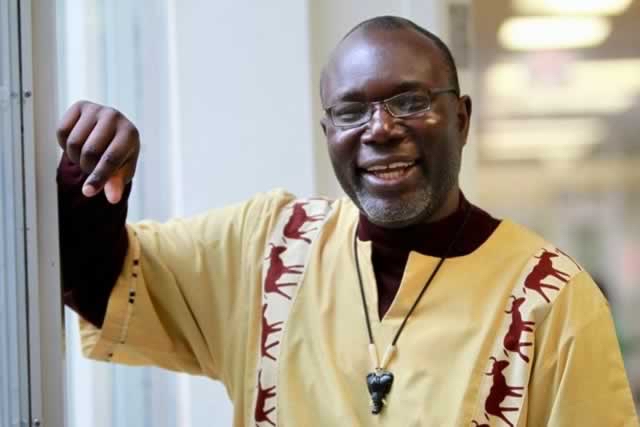









No comments:
Post a Comment